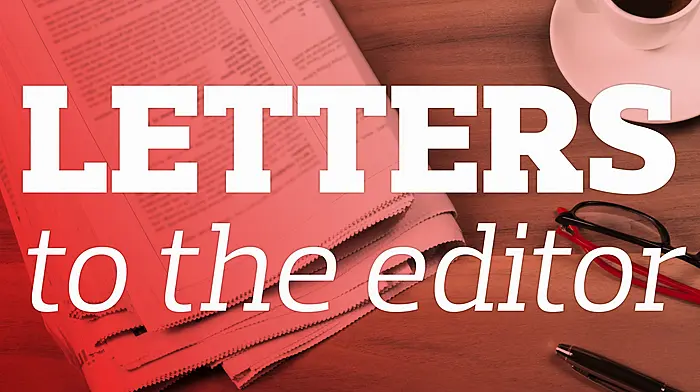OVER the next few weeks, we will all be hearing a lot more about the new Deposit and Return Scheme for plastic bottles. Ireland’s Deposit and Return Scheme is going live at the start of next month.
Under the European Union’s Single Use Plastic Directive, by 2025, Ireland must separately collect 77% of plastic beverage bottles placed on the market. This target will rise to an ambitious 90% in 2029.
As a result, the new deposit scheme has been introduced to ensure Ireland can reach these targets.
After February 1st, consumers will be asked to pay a refundable deposit when buying bottles and cans with the re-turn logo on them – ranging from 15 cent to 25 cent, depending on size. The 15c deposit will apply to containers of 500mls or less, and a deposit of 25c for each container over 500ml to three litres.
Consumers will receive the deposit back when they return the bottle or can to a designated return point. These return points, which will be either manual or the ‘reverse vending machines’, will be located shops which sell these products.
According to the government, the new scheme will be a ‘circular economy game-changer’ for Ireland, shifting from ‘take, make, dispose’ to returning valuable materials and maximising their use by creating a circular system for high-value plastics and cans. The government estimates that currently, only 60–70% of bottles and cans are recycled.
It says this is due to several factors, including containers being disposed of in general waste bins, containers being discarded, or ending up in landfills due to contamination in the recycling bin. It is estimated that Ireland consumes two billion cans and bottles annually.
The missing 30%, which equates to approximately 600 million containers, goes unrecycled. But, of course, there are no figures for the numbers which are discarded along ditches and on roadsides – a number which seems to be increasing all the time.
There is no talk, either, in all the government publicity documents on the new scheme, if there is any expected increase in the amount of fly-tipping of plastic bottles and cans, if consumers are now expected to dispose of them in shops and other retailers.
They do say that deposit return schemes are a proven success in over 40 other jurisdictions around the world, including 13 countries in Europe. But do other countries have the challenges faced by Ireland, including very reduced operating hours for recycling and waste disposal facilities and very poor resourcing of litter management?
While consumers will be able to continue to recycle other plastics and cardboard as normal, they will need a new bin for these new plastic bottles, and for aluminium and steel cans between 150ml and 3 litres. That means there will be no deposit returned unless they are then physically brought to back to the local retailer to get the refund.
If these new bottles and cans are thrown out with the rest of the recycling, then there will be no deposit returned, obviously. But what happens if a consumer makes the effort of going to one of these retailers only to find them closed, or the machine full?
Is there a back-up plan – eg extra storage capabilities on the retailer’s site, or an outside storage area for out-of-hours returns?
Because the alternative is an even greater increase in fly-tipping on our roadsides. And fly-tipping has a direct effect on tourism, and therefore local economies, and yet we spend so very little time or resources, in this country, on keeping our roadsides and town centres clean, compared with many countries on the continent.
Let’s hope this new initiative has been very well thought-out and won’t lead to even more headaches and clean-ups for our already over-worked Tidy Towns committees.










